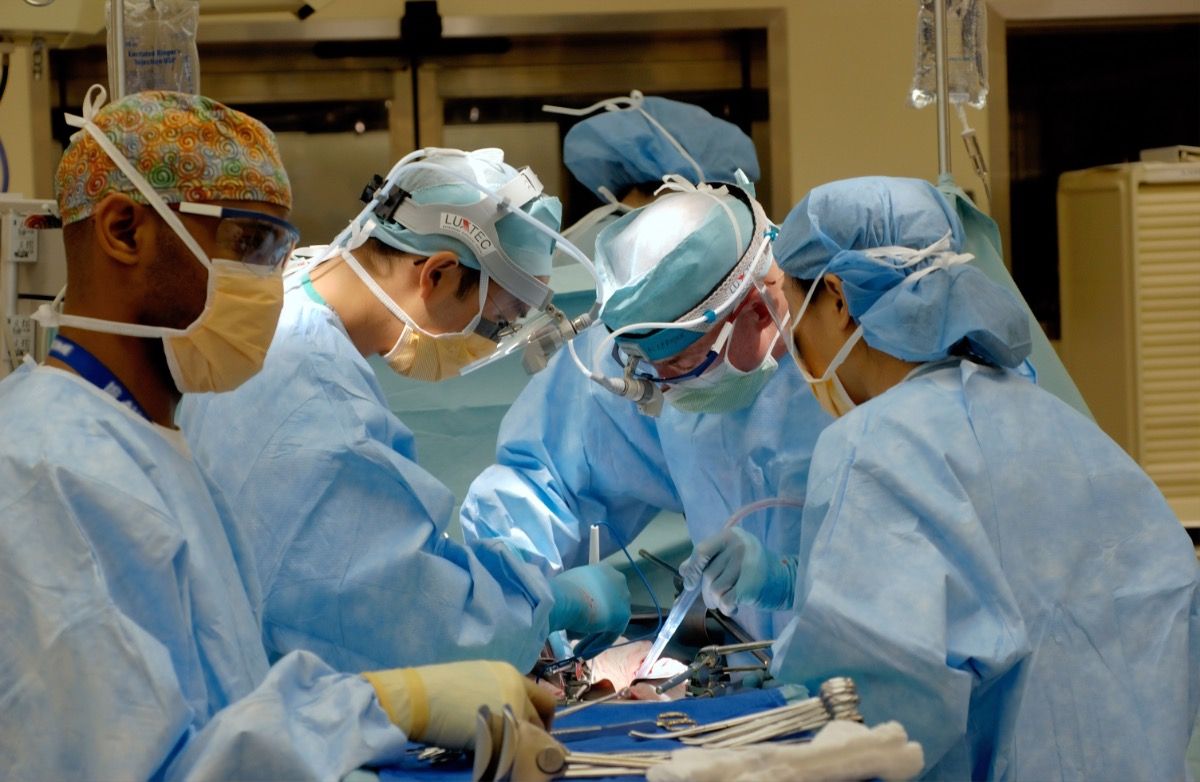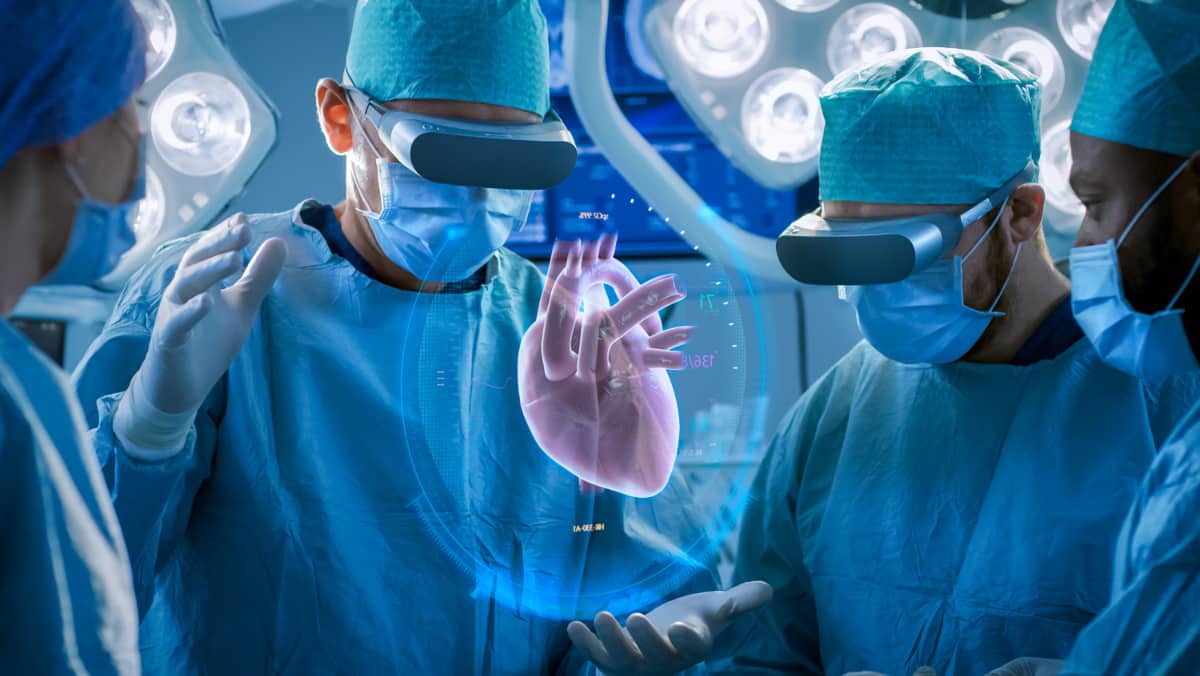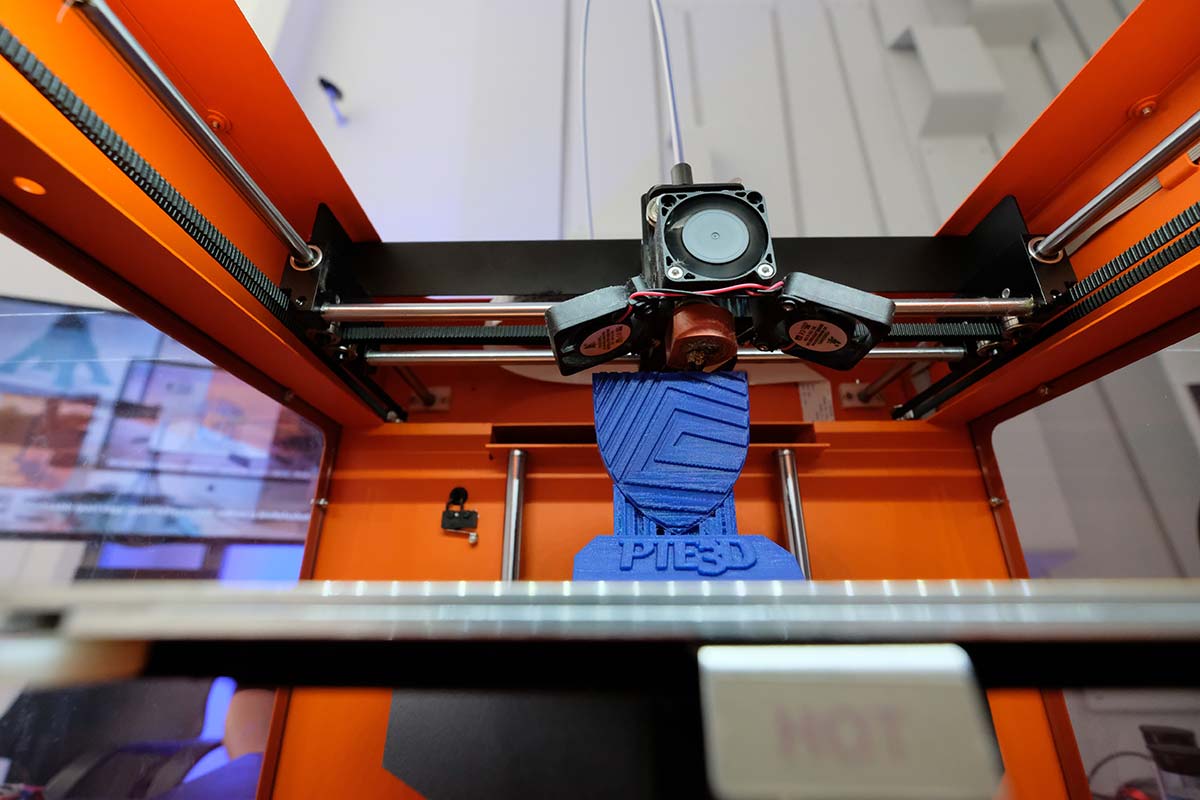Cooperating with the National Medical Rehabilitation Center (OORI, Budapest), the goal is the improvement of living conditions of patients living with excessive spinal cord damage, and the comparative research of long-term health effects of exoskeletons.
The testing of the sixth generation exoskeleton designed by ReWalk started in Pécs early 2019, in cooperation with the PTE Department of Neurosurgery and 3D Center Biomedical Engineering Project. Nurses, physiotherapists, engineers and doctors in the research group are studying the long-term effects of devices bringing the experience of movement to patients with heavily reduced mobility.
Automotive outer body structures (exoskeletons) improving human stamina, physical strength and mobility have been used for a long time in the industry, and thanks to the development of technology in more and more other fields as well: for example, they have appeared in healthcare in the past years. The high-tech ReWalk exoskeleton devices acquired by the Pécs researchers under the EU tender can walk up to 10 kilometres a day on flat surfaces, and can also handle going up and down stairs with enough practice, functioning several hours with one charge. The devices can provide the joy of independent movement even for paraplegic patients who, according to the current level of medicine, would otherwise be unable to walk again. All of this has serious health effects other than the obvious practical benefits, since vertical positions are more beneficial than sitting in a wheelchair. Therefore the research group of PTE and OORI hope to achieve permanent improvement in living conditions with them – even knowing that these high-tech devices are unfortunately not yet available in state healthcare due to their steep prices and are only used for training.
“Immobilization and being forced into a wheelchair can have serious health complications other than loss of mobility, be that bedsores, obesity, muscle atrophy or joint stiffness. Especially in younger patients, these can lead to premature vascular diseases, osteoporosis, diabetes and mental health issues. These are endemics particularly affecting disabled people, making the use of exoskeletons crucial in improving the general health status of patients, if they can spend a certain amount of time standing and moving with these devices,” says dr. Luca Tóth, PhD student at the Department of Neurosurgery and one of the research leaders.
The goal of researchers in Pécs is the development of a maintenance therapy that would work with spinal cord injury patients long-term, for multiple years; recording the length and frequency of sessions required to achieve long-term health benefits. The importance of this research is heightened by the fact that such studies are only in their early stages internationally.
“This is an extremely new technology, there are only a few hundred such devices in the whole world, and there is no unified protocol on the frequency and intensity of treating spinal cord injury patients. We apply a very active, five days a week, 90 minutes a day therapy in cooperation with a movement therapist colleague. Due to the recent nature of the study, follow-up studies are not really known, which makes our work both harder, but also more exciting.”
In the past months both the members of the research group and the patient trying the exoskeletons for the first time took part in a very intense training to ensure save usage of the devices, resulting in the independent use of the device since mid-June by the patient as the first big milestone.
The Pécs research group gained an important professional partner in OORI, who are spearheading the treatment of spinal cord injury patients. The cooperation means that out of the two available exoskeletons, one is used in Pécs, the other in Budapest, allowing the inclusion of more patients. The construction of a biomechanical laboratory in the Department of Neurosurgery is also in the making, and according to plan, this will allow work to continue with an increased number of equipment from winter.
“Other than clinical trials, we focus heavily on the equipment and methodology development together with the manufacturer and seller companies,” adds Dr Péter Maróti, medical-professional leader of the Biomedical Engineering Project. “During our work we extend the measurement technology capabilities of existing systems in close cooperation with PTE Faculty of Engineering and Information Technology, but our multidisciplinary research group joins the technological advancements as well via learning more about these devices. This is all very important for the long-term sustainability of the project, since this is how we can build active professional connections with market members and other research-development institutions. Therefore we find it highly important that we have won the local Excellence Centre qualification on ReWalk,” emphasizes Péter Maróti.



